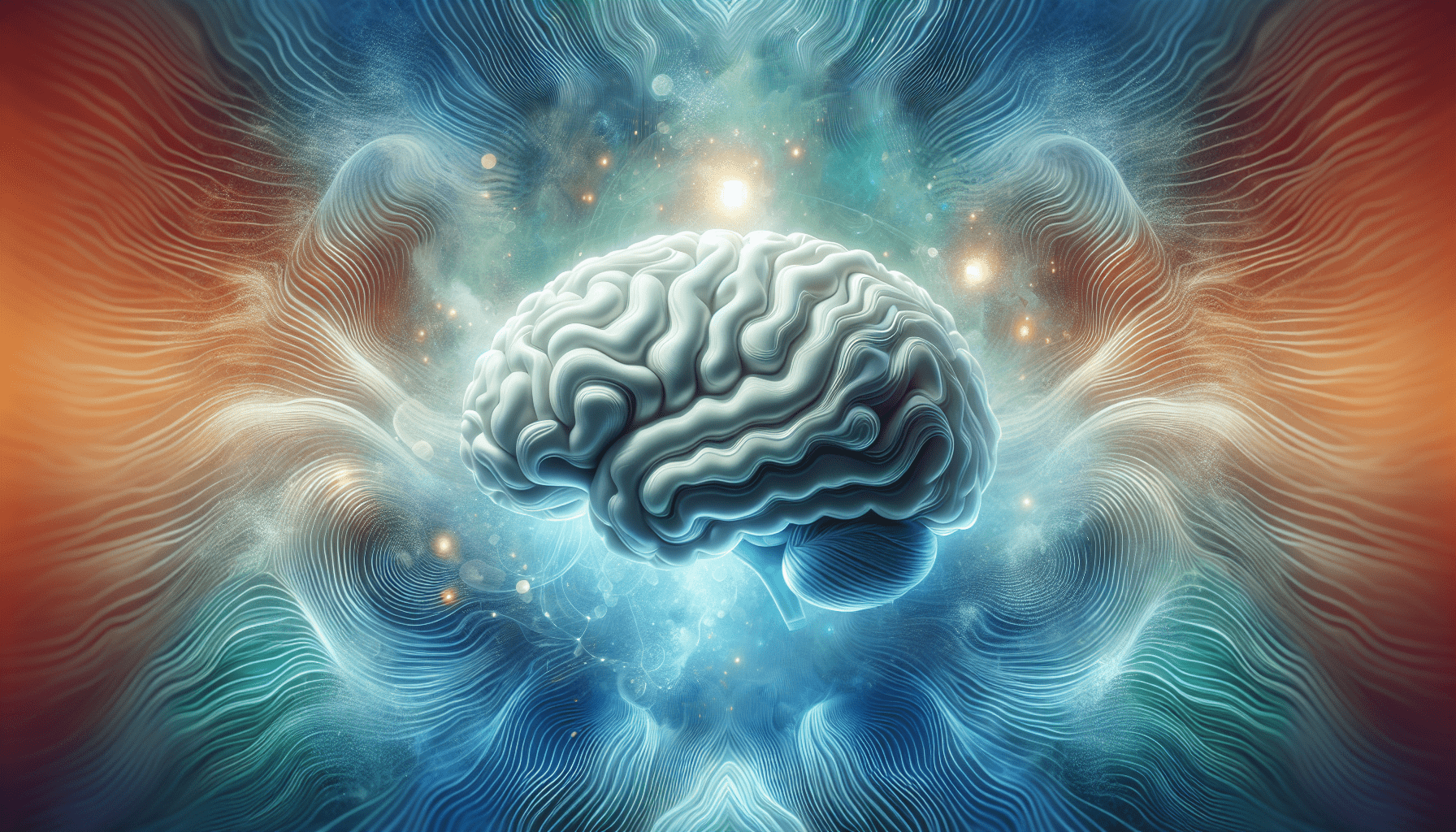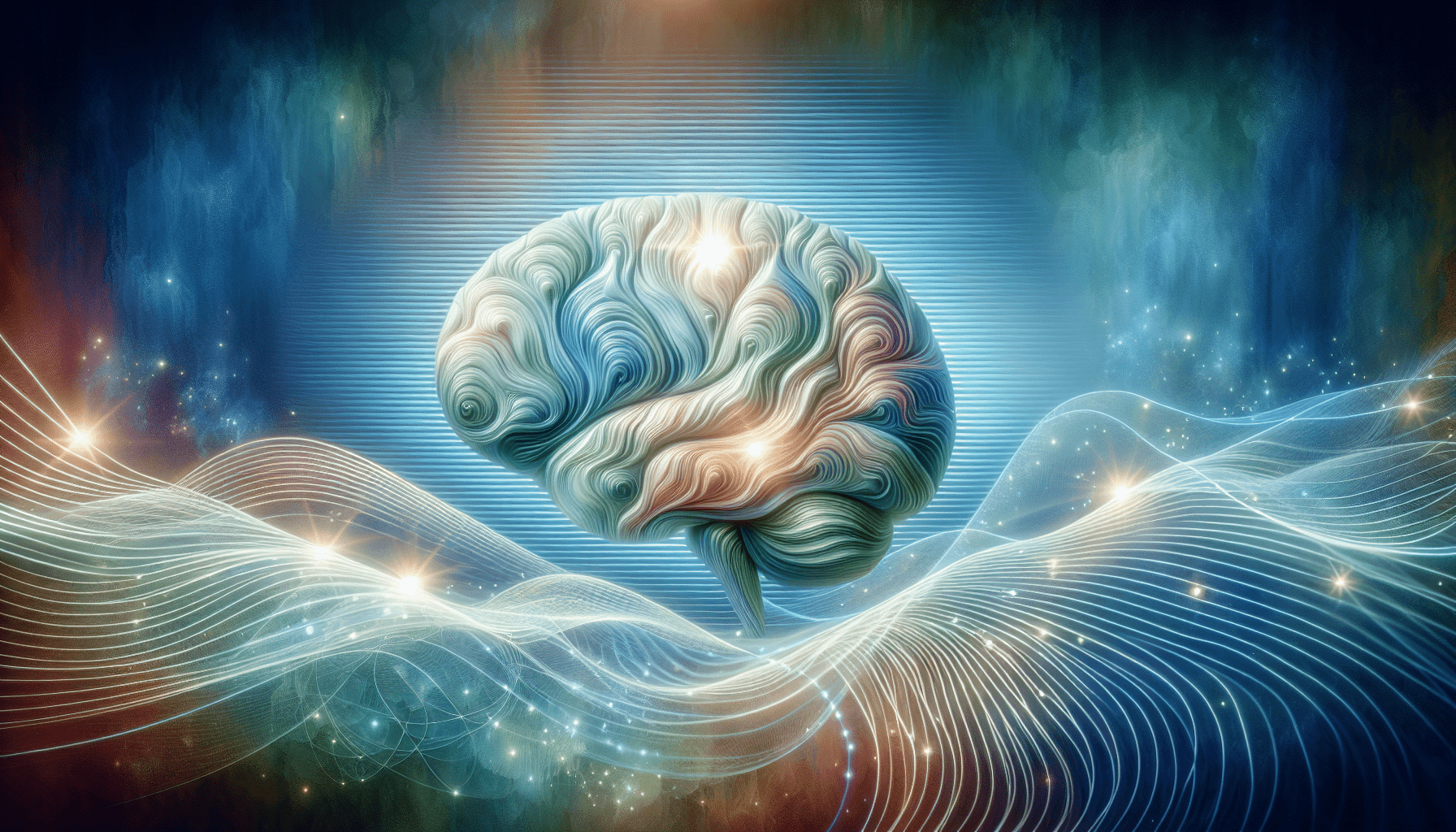Have you ever wondered if there are ways to maintain your cognitive health as you age without undergoing invasive procedures? In an era where cognitive decline is becoming increasingly common, it's crucial to explore methods that might aid in maintaining mental sharpness and delaying the onset of issues like dementia and Alzheimer’s. Let’s delve into the world of non-invasive brain therapies and discover how they may hold the key to a healthier, more vibrant mind.

Understanding Cognitive Decline
Cognitive decline refers to the gradual reduction in cognitive capabilities, such as memory, attention, and problem-solving skills. It's a natural part of aging but can be accelerated by conditions like dementia or Alzheimer’s disease. While cognitive decline can be daunting, it's important to know that not all changes in cognition are alarming or indicative of severe conditions.
Cognitive health varies widely among individuals, influenced by genetics, lifestyle, and overall health. While some factors like genetics cannot be changed, modifying certain lifestyle choices might play a role in slowing cognitive decline. This is where non-invasive brain therapies come into the picture.
What Are Non-Invasive Brain Therapies?
Non-invasive brain therapies involve techniques and technologies that do not require surgery or penetration into the body. These therapies aim to enhance brain function, improve mental health, and slow cognitive decline with minimal physical interference. They are often sought for their lower risk profiles and ease of access compared to more invasive treatment options.
Types of Non-Invasive Brain Therapies
Non-invasive brain therapies come in various forms, each with its unique approach to boosting brain health. Let’s examine some prevalent ones:
- Transcranial Magnetic Stimulation (TMS)
- Electroencephalogram (EEG) Neurofeedback
- Cognitive Behavioral Therapy (CBT)
- Cognitive Training and Brain Games
- Diet and Nutrition
- Physical Exercise
- Mindfulness and Meditation
- Music Therapy
Transcranial Magnetic Stimulation (TMS)
TMS is a non-invasive procedure that uses magnetic fields to stimulate nerve cells in the brain. It’s primarily used to treat depression but has shown potential in slowing cognitive decline. During TMS, a magnetic coil is placed on the scalp, producing pulses that alter brain activity in targeted areas.
How TMS Works
The technique influences neural circuitry to improve mood and cognition. By stimulating parts of the brain involved in mood regulation and cognitive processes, TMS may enhance neuroplasticity—the brain's ability to reorganize itself by forming new neural connections.
Benefits of TMS
- Reduced Symptoms of Depression: Improved mood and mental clarity.
- Enhanced Cognitive Function: Increased focus, memory, and mental processing.
- Minimal Side Effects: TMS is generally well-tolerated with few side effects.
Electroencephalogram (EEG) Neurofeedback
EEG Neurofeedback involves measuring brain activity through sensors placed on the scalp and using the feedback to learn how to self-regulate brain functions. It’s based on the principle that individuals can change their brainwave patterns to improve cognitive function.
How EEG Neurofeedback Works
Participants receive real-time feedback about their brainwave activity, which is displayed as visual or auditory signals. By adjusting these signals, individuals can train their brains to function more efficiently.
Benefits of EEG Neurofeedback
- Improved Attention and Memory: Helps in enhancing concentration and recall abilities.
- Reduced Anxiety and Stress: Aids in achieving emotional balance.
- Enhanced Self-Regulation: Promotes better control over mental processes.
Cognitive Behavioral Therapy (CBT)
CBT is a form of psychotherapy that focuses on altering maladaptive thinking patterns to improve emotional regulation and develop personal coping strategies. It’s used to tackle cognitive decline by enhancing mental dexterity and resilience.
How CBT Works
CBT involves one-on-one sessions with a therapist where individuals learn to identify and change negative thought patterns and behaviors. It’s especially effective in treating anxiety and depression, which are common in individuals experiencing cognitive decline.
Benefits of CBT
- Better Emotion Management: Encourages healthier responses to stress.
- Strengthened Coping Mechanisms: Bolsters resilience against cognitive decline.
- Improved Cognitive Functioning: Enhances problem-solving and decision-making skills.
Cognitive Training and Brain Games
Cognitive training involves engaging in activities designed to improve specific cognitive functions such as memory, attention, and problem-solving. Brain games are a fun and interactive way of implementing cognitive training.
How Cognitive Training Works
Structured activities stimulate brain regions responsible for critical functions. Over time, these exercises can lead to measurable improvements in cognitive abilities.
Benefits of Cognitive Training
- Sharper Memory and Focus: Keeps the brain active, improving recall and concentration.
- Delay in Cognitive Decline: Regular training may help maintain cognitive function over time.
- Accessibility and Variety: Numerous games cater to different cognitive needs and skill levels.
Diet and Nutrition
Healthy eating habits play a vital role in maintaining cognitive health. Proper nutrition provides the building blocks necessary for brain function and growth while protecting against cognitive decline.
Key Nutrients for Cognitive Health
- Omega-3 Fatty Acids: Found in fish; supports memory and cognition.
- Antioxidants: Present in fruits and vegetables; protect brain cells from damage.
- Vitamins B, D, and E: Support brain function and longevity.
Benefits of a Healthy Diet
- Enhanced Brain Function: Proper nutrition fuels cognitive processes.
- Protection Against Cognitive Decline: Reduces the risk of neurological disorders.
- Overall Well-Being: Promotes physical and mental health.
Physical Exercise
Regular physical activity is linked to improved cognitive function and a slower rate of cognitive decline. Exercise stimulates blood flow to the brain, facilitating the growth of new neurons and connections.
How Exercise Benefits the Brain
Exercise encourages the release of growth factors necessary for neuroplasticity. It also reduces stress hormones, providing a fertile ground for cognitive development.
Types of Beneficial Exercise
- Aerobic Exercise: Boosts memory and cognitive flexibility.
- Strength Training: Supports executive functions.
- Balance and Coordination Activities: Enhance spatial awareness and motor skills.
Mindfulness and Meditation
Practicing mindfulness and meditation encourages relaxation and cognitive clarity. These practices teach individuals to focus on the present moment, reducing stress and enhancing cognitive resources.
How Meditation Works
Meditation involves concentration techniques to calm the mind and improve cognitive focus. It’s been shown to strengthen connections in the brain and promote overall mental health.
Benefits of Mindfulness and Meditation
- Reduced Stress and Anxiety: Encourages emotional stability.
- Improved Attention and Focus: Cultivates cognitive resilience.
- Enhancement of Cognitive Function: Supports neurogenesis and neural architecture.
Music Therapy
Music therapy uses the emotional and cognitive power of music to improve cognitive function and emotional health. It’s particularly useful in enhancing memory and mood in individuals experiencing cognitive decline.
How Music Therapy Works
Music stimulates various brain areas simultaneously, promoting cognitive and emotional engagement. It can trigger memories, enhance mood, and encourage cognitive reassessment.
Benefits of Music Therapy
- Memory Enhancement: Stimulates recall and recognition.
- Mood Improvement: Reduces symptoms of depression and anxiety.
- Engagement and Motivation: Encourages active participation in cognitive exercises.
Exploring the Future of Non-Invasive Brain Therapies
Advancements in technology and research continue to enhance the effectiveness and accessibility of non-invasive brain therapies. With ongoing studies, these therapies have the potential to transform how we approach cognitive health and longevity.
Emerging Technologies
- Virtual Reality (VR): Offers immersive environments for cognitive training and therapy.
- Wearable Technologies: Provide continuous monitoring and feedback for cognitive activities.
- Artificial Intelligence (AI): Assists in personalizing therapies for individual cognitive profiles.
Challenges to Consider
Although promising, non-invasive brain therapies are not a cure-all solution. Challenges include varying levels of efficacy, the need for continued research, and the importance of integrating multiple approaches for maximal benefit.
Embracing a Holistic Approach
It's important to remember that optimal cognitive health is achieved through a balanced lifestyle encompassing multiple facets of non-invasive brain therapies. Combining these therapies with a healthy diet, regular exercise, and mental stimulation forms a robust foundation for cognitive longevity.
Strategies for Successful Integration
- Personalized Plans: Tailor therapies to individual needs and capabilities.
- Consistency and Patience: Regular practice and a long-term mindset are key.
- Professional Guidance: Seek advice from healthcare professionals for the most effective outcomes.
The journey towards slowing cognitive decline is an ongoing process requiring dedication and an open mind. By understanding and embracing non-invasive brain therapies, you have the opportunity to preserve your cognitive function and enjoy a high quality of life for years to come.

